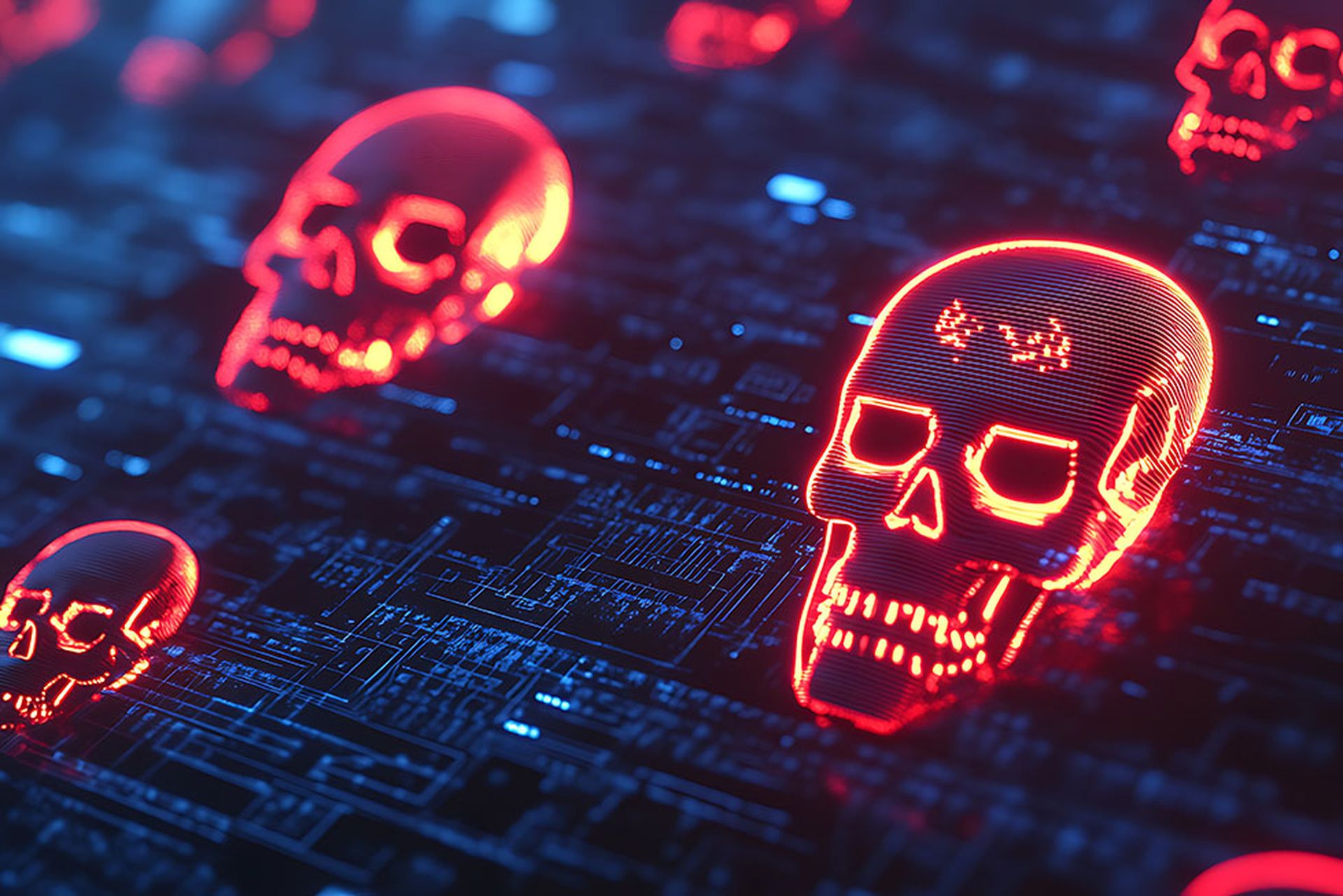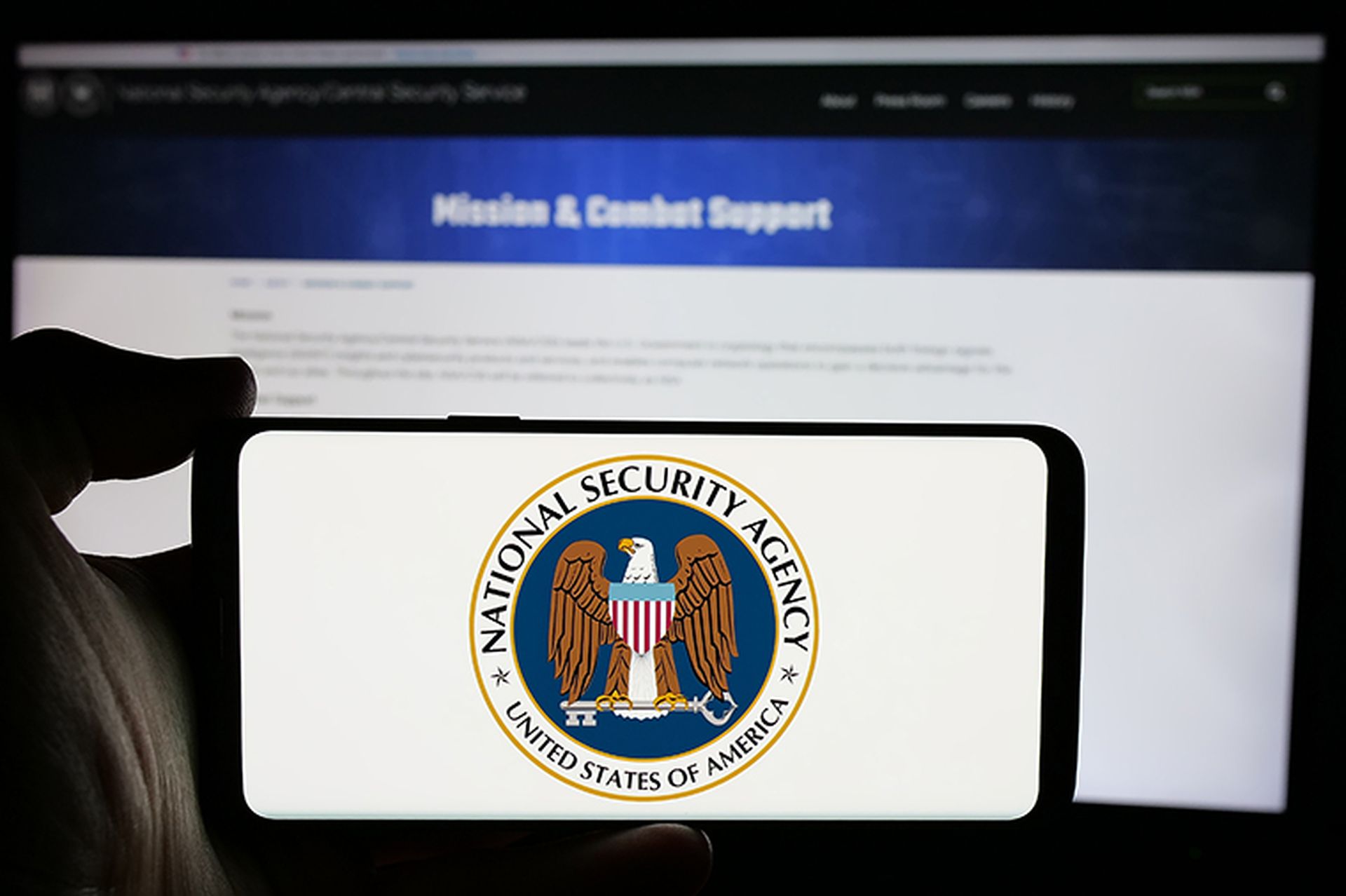For the cybersecurity industry International Women’s Day 2020 may be somewhat bittersweet as more women are working in the industry, but when it comes to full equality the work is far from complete.
The 2020 edition of this day does find more women working in cybersecurity with about 20 percent of the workforce being female, up from an estimated 11 percent just a few years ago, according to Cybersecurity Ventures, but there is still a great deal of work to be done. As many cybersecurity execs note encouraging and accepting more women into the ranks is not only the right thing to do from a moral standpoint but also from a business perspective.
“Equality is not a gender issue, it’s a business issue. For us it brings together different points of view stemming from our collective diversity that evolves and transforms our business delivering improved innovation to our customers and partners,” Cindy Provin, GM, nCipher Security.
“Living in a world where we are able to leverage everyone’s different backgrounds and talents in an equal way is how we can unleash what we can truly do as a society, as it allows us to solve problems in new and creative ways. The data is pretty clear that diversity is not a buzzword; it creates monetary value. The question then becomes how do we encourage diversity, specifically in the technology industry where such a gender gap still exists,” said Anying Li, Senior data scientist, Exabeam.
Emily Wilson, dark web cybercrime expert and vice president of research at Terbium Labs, made the case for diversity in terms every business can understand.
“We know that diverse teams outperform their counterparts in the industry by more than 35 percent, and that representation at senior levels leads companies to 19 percent higher revenue. If this growth in productivity and success is the result of simply increasing diversity, imagine the potential power of true equality,” she pointed out.
However, creating a truly diverse cybersecurity workforce will require a change of culture, both on the part of those already in the industry, male and female, and those who may be interested in joining.
Perhaps one of the most difficult step for woman to take is realizing that they can succeed in what is now a male dominated industry, said Tina Cessna, vice president of engineering, Backblaze.
“I was the only woman in my electronic and computer engineering classes at California State Polytechnic University-Pomona, so my advice to young engineers is to never think that you are not good enough or smart enough to learn anything," she said. "Just because engineering is a male-dominated industry doesn’t mean other women shouldn’t just go for it. Don’t let the intimidation get to you. Anyone can learn it and it’s really fun once you start doing it."
However, no woman should be forced to just rely on herself to gain entry. Women and men already working in cybersecurity have a role to play as either a mentor or even to just offer support.
“I believe many women still suffer more openly from feelings of inadequacy and self-doubt – known as imposter syndrome – and that’s why it’s important to have mentors who can model ways to cope or overcome that. I know for me, seeing fearless women in the workplace who refuse to be treated differently has made it okay for me to advocate for fair treatment in my own career,” said Krista Delucchi, senior manager, engineering program management, WhiteHat Security.
Finding a mentor or creating a support system for oneself is not easy and requires bravery, tenacity and a solid sense of ones self, said Yumi Nishiyama, director of global services at Exabeam.
“Early in my career, I learned that we should surround ourselves with a support system. This International Women’s Day, I implore young women to build their network; a great way to do this is by finding a mentor. The best mentoring moments happen when they are least expected - so I recommend asking potential mentors questions about work, how they think or situations they’ve been in. It doesn’t have to be formal; it could be a simple conversation. Although it can be daunting to ask an established person to be your mentor, think about how thankful they would be that you perceive them in that light. In the end, it could be a gift to both of you,” she said.
Part of the tenacity Nishiyama mentioned also takes place once a woman is in the workplace.
“It’s also vital to ensure that we’re listening to each other. If you can provide the correct answers with all the information needed, be assertive. Ask: ‘Are you listening to me?’ My previous female manager would ask this question, and I realized this simple question is powerful. We need to make sure people are listening and ready to understand shared knowledge,” said Kenia Martinez, application security engineer, WhiteHat Security.
The next step, according to IOActive CEO Jennifer Steffens, is for women who have established themselves to become a force that then encourages further diversity.
“To achieve this, it’s important to have strong female role models in the space, provide ways for women to share their experiences and mentor others, and focus on creating environments where various personalities can thrive regardless of gender or background. I don’t think diversity is just about women, but I think diversity is critical for the industry as a whole.”



